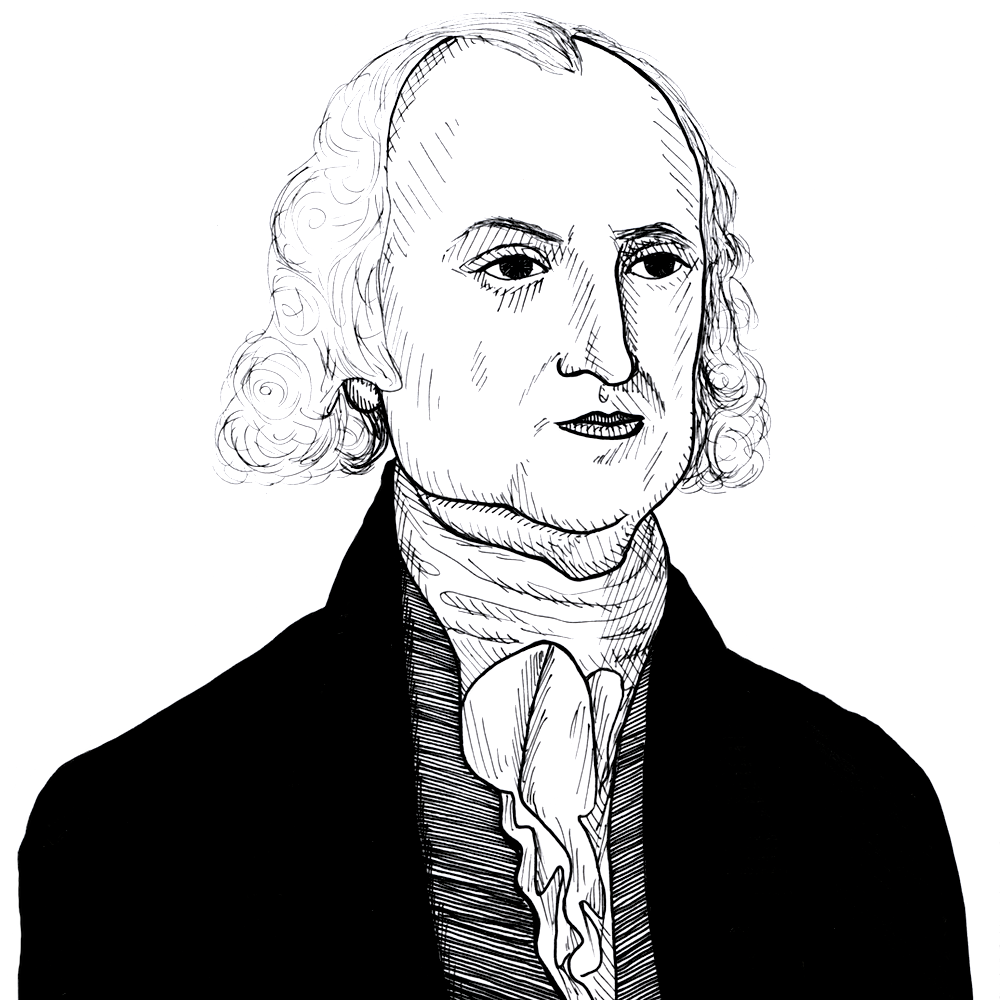
The 7th Day of Christmas: Madison on “the most noble of all ambitions” which a government can have, of promoting peace on earth (1816)
Found in: The Writings, vol. 8 (1808-1819)
In an address to the Senate and House of Representatives as his second term as President was drawing to a close, James Madison (1751-1836) summed up the achievements of the U.S. in the 40 years of its existence. One of the things he was most proud of was that he had led “a Government which avoids intrusions on the internal repose of other nations”:
War & Peace
And may I not be allowed to add to this gratifying spectacle that I shall read in the character of the American people, in their devotion to true liberty and to the Constitution which is its palladium, sure presages that the destined career of my country will exhibit a Government pursuing the public good as its sole object, and regulating its means by the great principles consecrated in its charter, and by those moral principles to which they are so well allied; … a Government which avoids intrusions on the internal repose of other nations, and repels them from its own; which does justice to all nations with a readiness equal to the firmness with which it requires justice from them; and which, whilst it refines its domestic code from every ingredient not congenial with the precepts of an enlightened age and the sentiments of a virtuous people, seeks by appeals to reason and by its liberal examples to infuse into the law which governs the civilized world a spirit which may diminish the frequency or circumscribe the calamities of war, and meliorate the social and beneficent relations of peace; a Government, in a word, whose conduct within and without may bespeak the most noble of all ambitions — that of promoting peace on earth and good will to man.